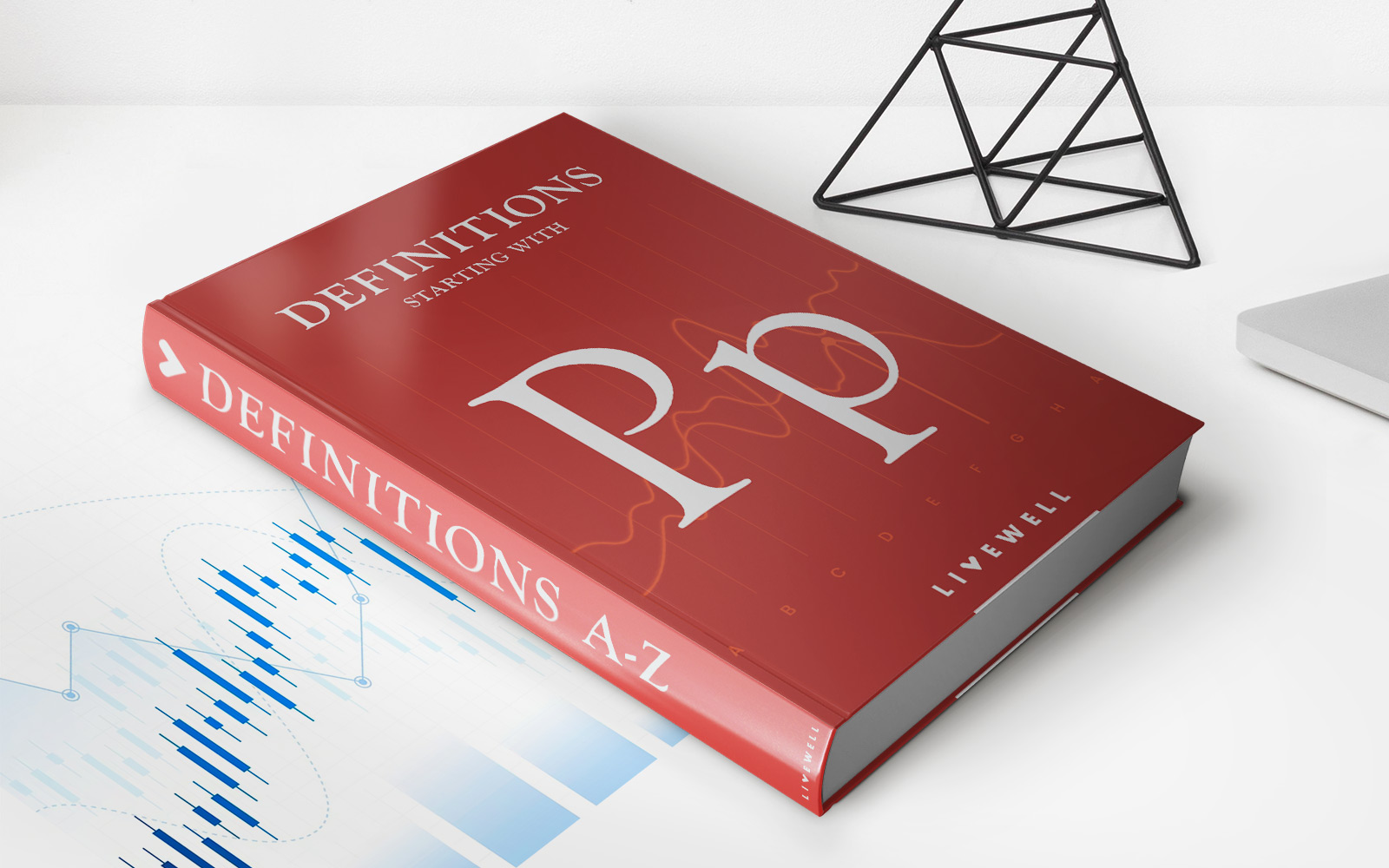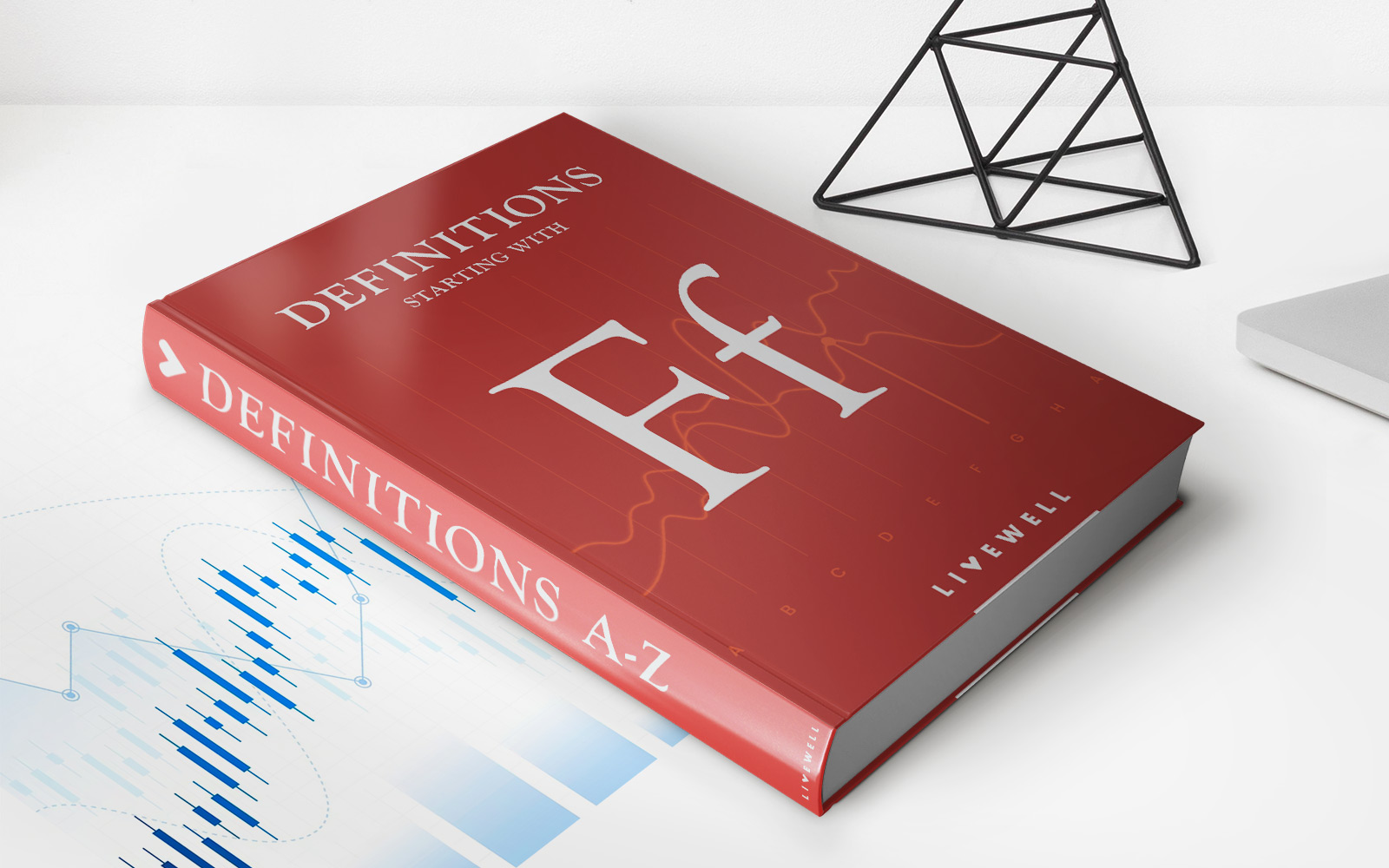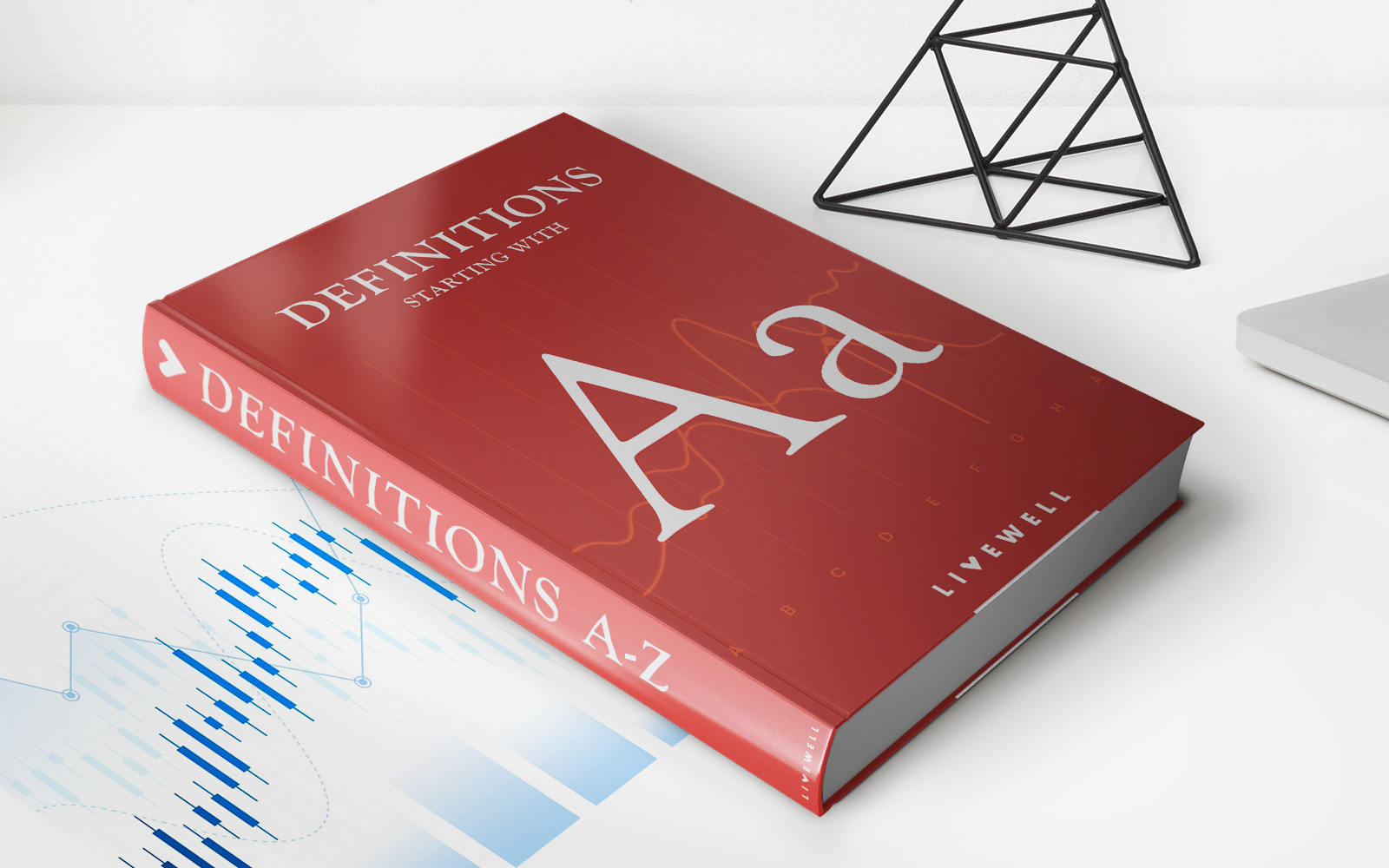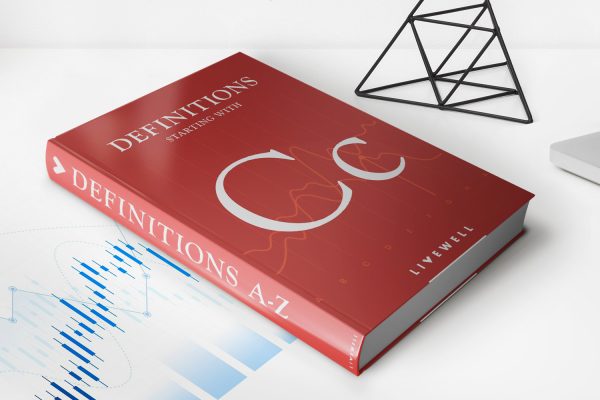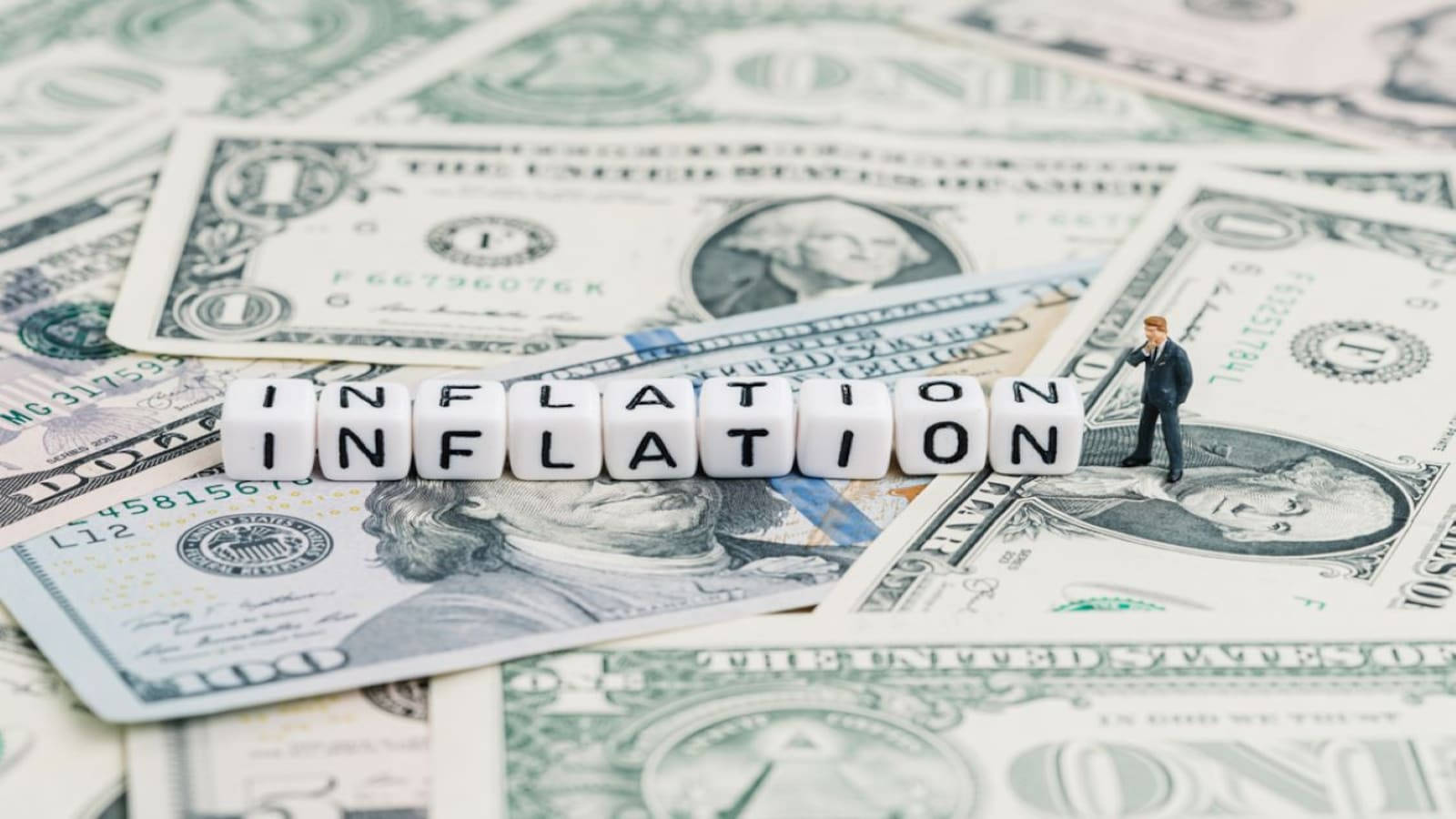Home>Finance>What Are The Three Possible Effects Of Inflation?
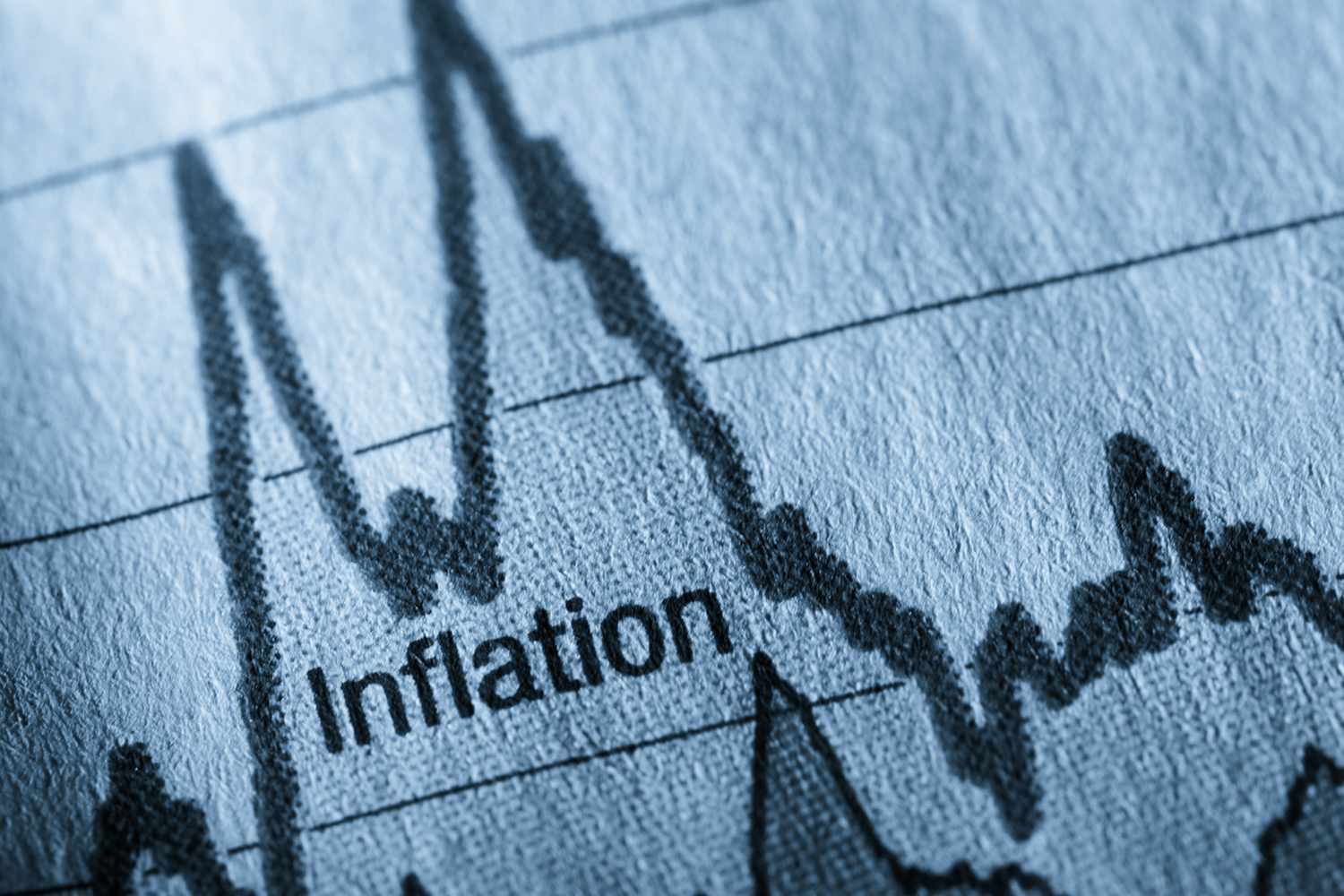

Finance
What Are The Three Possible Effects Of Inflation?
Published: October 19, 2023
Discover the three profound effects of inflation on the finance industry and learn how it impacts investment, purchasing power, and interest rates. Enhance your financial knowledge now.
(Many of the links in this article redirect to a specific reviewed product. Your purchase of these products through affiliate links helps to generate commission for LiveWell, at no extra cost. Learn more)
Table of Contents
Introduction
Inflation is a key concept in economics that refers to the sustained increase in the general price level of goods and services over time. It affects various aspects of the economy, including consumers, businesses, and financial markets. Understanding the effects of inflation is crucial for individuals and businesses to make informed financial decisions and plan for the future.
There are three main effects of inflation that have a significant impact on the economy as a whole. These effects include decreased purchasing power, wealth redistribution, and increased uncertainty in the economy. This article will explore each of these effects in detail, providing insights into how inflation can impact individuals, businesses, and the overall state of the economy.
It is important to note that not all forms of inflation are created equal. Some inflation can be considered healthy and indicative of a growing economy, while high or unchecked inflation can lead to negative consequences. By understanding the effects of inflation, individuals and businesses can better prepare and mitigate the potential risks associated with it.
Effect 1: Decreased Purchasing Power
One of the primary effects of inflation is the decrease in the purchasing power of money. As general prices rise, each dollar or unit of currency becomes worth less in terms of the goods and services it can purchase. This means that individuals and businesses will have to spend more money to buy the same goods and services they were able to purchase at lower costs before inflation.
For individuals, this decrease in purchasing power can have a significant impact on their daily lives. They may find that their wages or salaries do not align with the rising costs of essential goods such as food, housing, and healthcare. As a result, individuals may feel a squeeze on their budgets, making it harder to maintain their standard of living or save for the future.
Businesses also face challenges due to decreased purchasing power. As consumers have less disposable income, they may cut back on non-essential purchases, leading to reduced demand for products and services. In response, businesses may need to adjust their pricing strategies or find ways to increase operational efficiency to maintain profitability.
In addition, inflation can lead to changes in consumer behavior. Individuals may opt to purchase goods and services sooner rather than later, as they anticipate higher prices in the future. This can create a temporary surge in consumer spending, followed by a decline once prices significantly increase. It can also lead to hoarding behavior, where individuals stockpile goods in anticipation of future price increases, causing supply shortages and further driving up prices.
To mitigate the impact of decreased purchasing power, individuals can consider various strategies. These include budgeting, saving, and investing in assets that have historically acted as hedges against inflation, such as stocks, real estate, or commodities. Businesses, on the other hand, may explore cost-cutting measures, pricing adjustments, or diversification strategies to adapt to changing market conditions.
Overall, the effect of decreased purchasing power due to inflation emphasizes the need for individuals and businesses to be proactive in managing their finances and adapting to changing economic conditions.
Effect 2: Redistributes Wealth
Inflation has a significant impact on the distribution of wealth within an economy. As prices rise, the purchasing power of money decreases, which can result in a redistribution of wealth from certain groups to others.
One of the key ways inflation redistributes wealth is through its impact on savings and investments. Individuals who hold a significant portion of their wealth in cash or low-yielding assets may see the real value of their savings eroded by inflation. On the other hand, individuals who have invested in assets that tend to appreciate in value during inflationary periods, such as stocks, real estate, or commodities, may see an increase in their wealth.
Additionally, the impact of inflation varies across different income groups. Lower-income individuals or those on fixed incomes may be disproportionately affected by inflation. As the prices of essential goods and services rise, it becomes more challenging for them to afford basic necessities, leading to a decrease in their standard of living.
On the other hand, individuals with higher incomes or those who own assets that tend to outpace inflation may experience a relative increase in their wealth. This creates a gap between the wealthy and the lower-income groups, further exacerbating income inequality.
Inflation can also affect the distribution of wealth by influencing wage levels. As prices rise, workers may demand higher wages to maintain their purchasing power. However, wage adjustments take time to catch up with inflation, resulting in a lag between price increases and wage increases. This can lead to a decrease in real wages, especially for individuals in lower-wage jobs, as their wages may not keep pace with inflation.
Overall, inflation’s impact on wealth distribution highlights the importance of diversifying assets and investments to protect against the erosion of purchasing power. It also emphasizes the need for policies and programs that aim to alleviate income inequality and provide support to vulnerable groups during inflationary periods.
Effect 3: Uncertainty in the Economy
Inflation introduces a level of uncertainty into the economy, affecting businesses, investors, and consumers. This uncertainty arises from the unpredictable nature of inflationary trends and their potential impact on various economic indicators and market conditions.
One of the key sources of uncertainty during inflationary periods is the volatility in prices. Rapid and unpredictable changes in prices make it challenging for businesses to plan and forecast, as they are unsure of the costs of inputs, raw materials, and labor. This volatility can lead to increased production costs and reduced profit margins, as businesses scramble to adjust their pricing strategies accordingly.
Investors also face uncertainty during inflationary periods. Market conditions can become unpredictable as inflationary pressures impact interest rates, exchange rates, and stock prices. These fluctuations can make it difficult for investors to accurately assess the value and potential returns of their investments. It can also create a sense of instability and hesitancy in making investment decisions, as the risk associated with uncertain market conditions increases.
Uncertainty in the economy also affects consumer behavior. When individuals are uncertain about future price levels, they may delay making major purchases or investments. Instead, they may opt to hold onto their money or make smaller, more cautious spending decisions. This decrease in consumer spending can have a ripple effect on businesses, reducing demand and potentially leading to further economic slowdown.
Furthermore, inflation adds a layer of complexity to monetary policy decision-making. Central banks play a crucial role in managing inflation and stabilizing the economy. However, the effectiveness of monetary policy tools in combating inflation can be uncertain, as the relationship between interest rates and inflation is not always straightforward. Central banks must navigate these uncertainties to make informed policy decisions that balance the goals of price stability, economic growth, and employment.
In summary, the uncertainty introduced by inflation can disrupt businesses, create volatility in financial markets, and influence consumer behavior. It underscores the need for businesses to have strategies in place to adapt to changing market conditions, investors to diversify their portfolios, and policymakers to navigate economic uncertainty effectively.
Conclusion
Inflation is a powerful force that impacts various aspects of the economy, including individuals, businesses, and financial markets. Understanding the effects of inflation is crucial for making informed financial decisions and navigating economic uncertainties.
Firstly, inflation decreases the purchasing power of money, forcing individuals and businesses to spend more to maintain their standard of living or profitability. This emphasizes the need for proactive financial management and strategies to mitigate the impact of inflation.
Secondly, inflation redistributes wealth, creating a gap between different income groups and potentially exacerbating income inequality. Diversifying assets and investments can help protect against the erosion of purchasing power and the concentrated effects of inflation on wealth distribution.
Lastly, inflation introduces uncertainty into the economy, affecting businesses, investors, and consumers. Volatility in prices, market conditions, and consumer behavior can make economic planning and decision-making more challenging. It is crucial for businesses to be adaptable, investors to diversify their portfolios, and policymakers to navigate economic uncertainties effectively.
Overall, a comprehensive understanding of the effects of inflation empowers individuals and businesses to make informed financial decisions and navigate the ever-changing economic landscape. By recognizing the impact of inflation on purchasing power, wealth distribution, and economic uncertainty, we can proactively manage our finances, adapt to market conditions, and strive for a more stable and inclusive economy.
